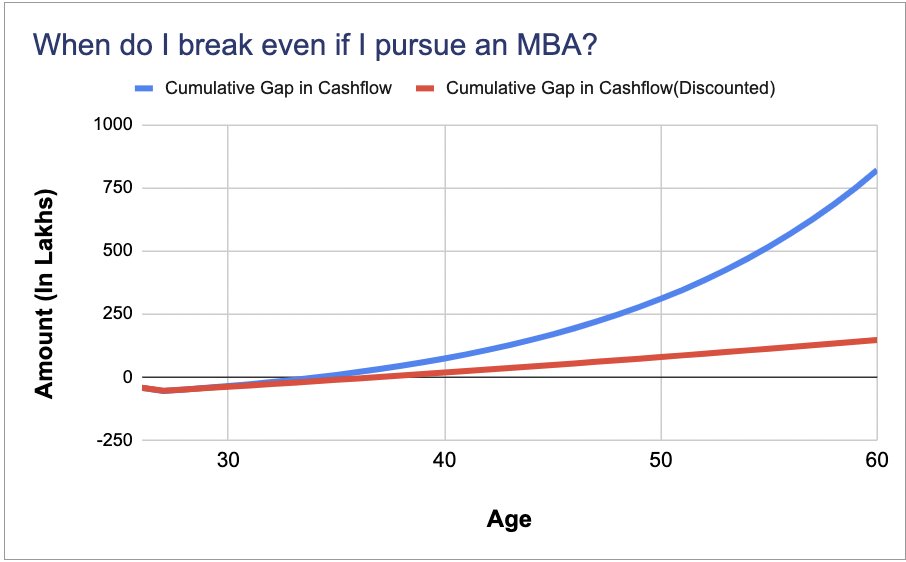A thread on how InsurTechs are going to be impacted because of #Covid_19 and what's the best way to utilize the time between now and the time when life gets back to normal, which could be easily 6-9 months!
#InsurTech #Actuary
#InsurTech #Actuary
#Funding - Given the slow down of businesses, which would create many other investment opportunities for investors, expect reduced interests from investors. Because for them InsurTechs is just another avenue, which may not be most attractive given other opportunities
#Actuary
#Actuary
Conferences and MeetUps - the upcoming opportunities to showcase the product and the idea are sure going to be reduced given #SocialDistancing. This also means lesser time and money spent on impressing the potential collaborators!
#InsurTech #Actuary #COVID_19
#InsurTech #Actuary #COVID_19
Reduced interest from re/insurers - It is important to realize that for the incumbents, InsurTechs are icing on the cake. They would focus more on getting the cake right, which could mean continuing to add the topline while ensuring smooth operations in the era of #WFH
#Actuary
#Actuary
The Opportunity - This is the time to invest in, (re)validating the idea, sharpening the product, finding ways to test it without the help of re/insurers & thus making the pitch stronger. When the time comes, being first amongst the equals would make all the difference!
n/n
n/n
• • •
Missing some Tweet in this thread? You can try to
force a refresh











